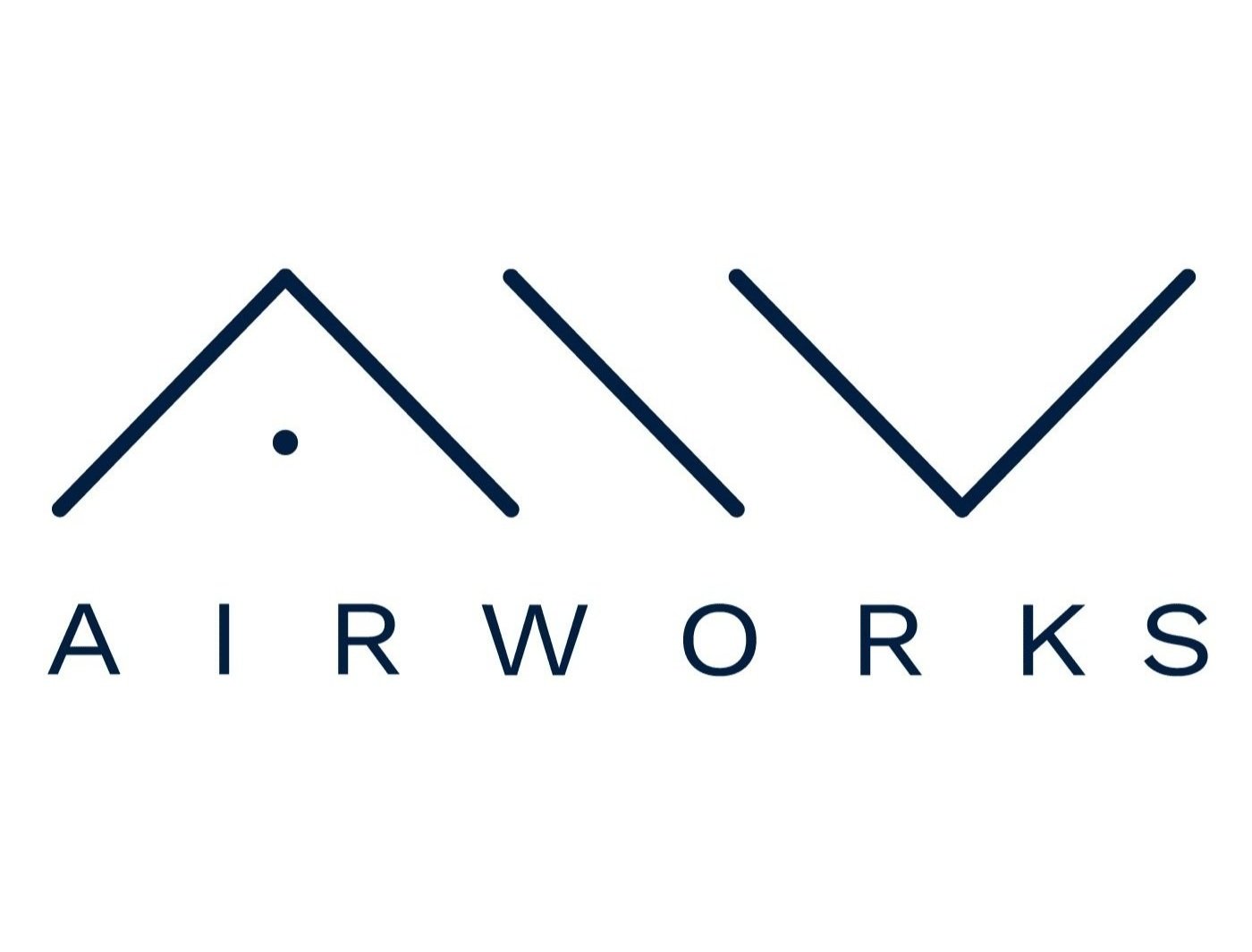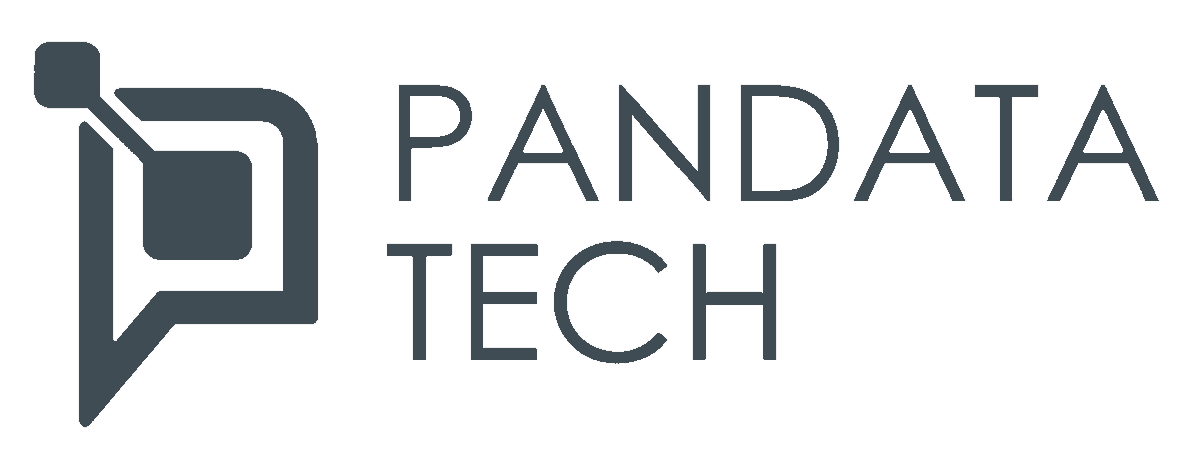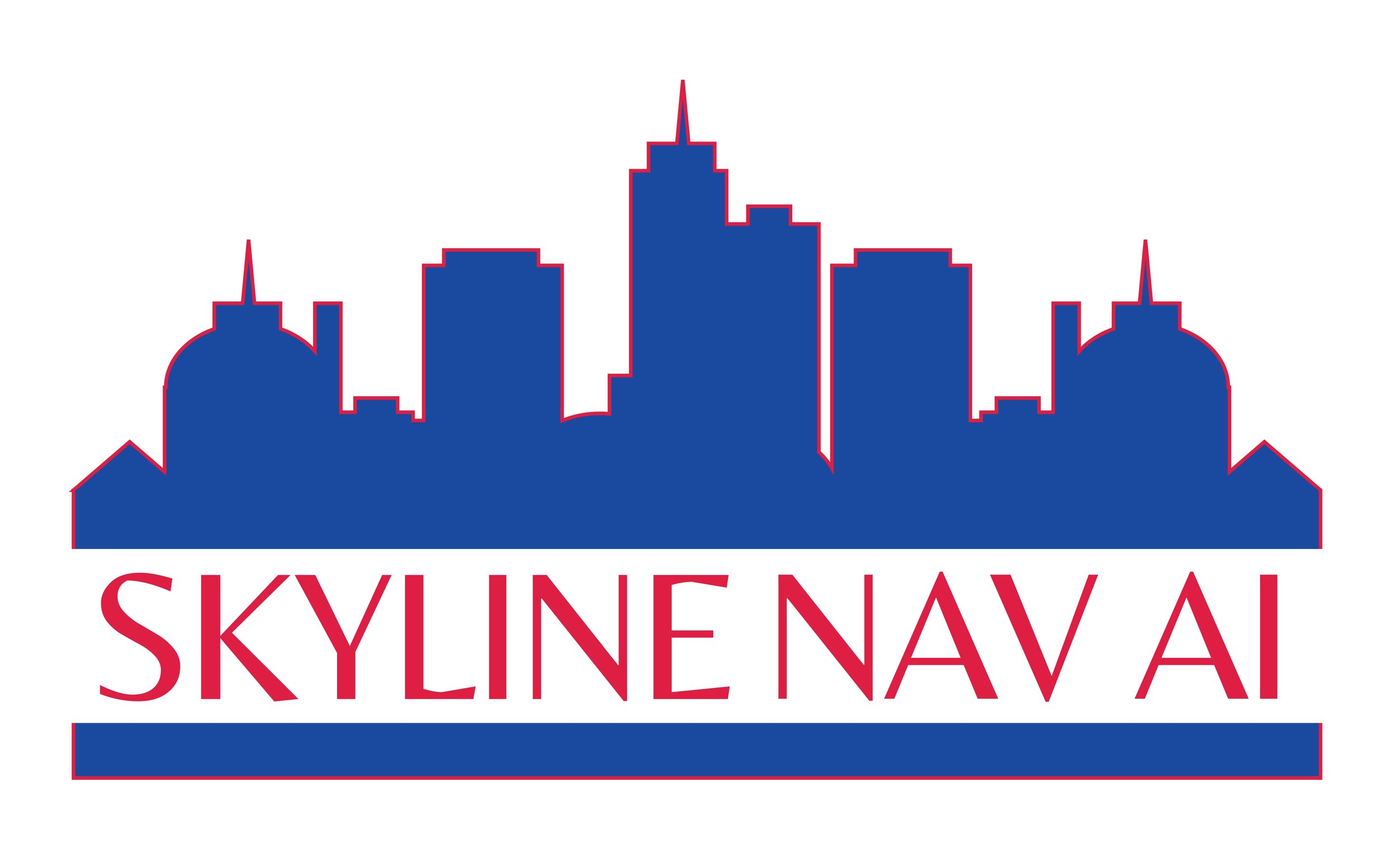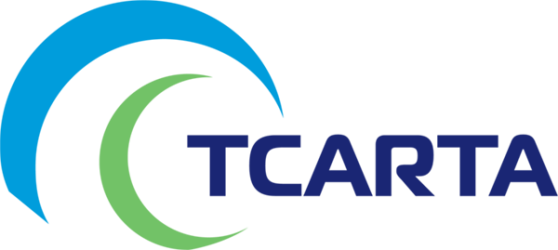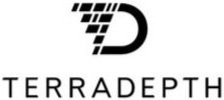Applications are currently closed for Cohort 3 of the NGA Accelerator powered by Capital Innovators. Please keep an eye out for additional opportunities in the future.
The 12-week NGA Accelerator cohort three will run from early May through late July of 2022.
About the Program
The NGA Accelerator is a first-of-its-kind innovative partnership with the National Geospatial-Intelligence Agency and Capital Innovators designed to fund, mentor, and accelerate the growth of next-generation geospatial-intelligence technologies.
We will select up to eight companies to participate in a 13-week accelerator program that includes $100,000 in grant funding, perks, benefits, office space, mentorship and direct engagement with a leading geospatial-intelligence agency. Your startup will have the opportunity to work closely with NGA and receive valuable feedback, connections, pilot opportunities, and unparalleled resources to help your business accelerate and scale into the future.
NGA Accelerator Program, based in St.Louis, MO, provides tech startups with:
$100,000
in Grant Funding
Engagement
with NGA Champion Teams
Mentorship
from C–suite executives, seasoned entrepreneurs, and technical experts
Access
to a global network
Connections
to customers and strategic partners for top-line growth
Co-Working
and first-class office space in St. Louis
NGA Accelerator Portfolio
FAQs
Cohort 3 Problem Statements
ARTIFICIAL INTELLIGENCE
NGA’s needs for high confidence in AI and understanding of the generated output under varying conditions are supported by the larger Department of Defense (DoD) and intelligence communities. Under the DoD’s ethical principles of AI, machine assisted processes will be responsible in their development, deployment, and use; equitable with minimal unintended bias; transparent and auditable; reliable through extensive testing; and governable throughout the lifecycle.
ACTIVITY CONTEXTUALIZATION: NGA analysts need to extract and correlate tracks of activity from non-imaging sources, such as radio frequency and automatic tracking system data, with more traditional geospatial data, such as imagery, to contextualize changes in an area of interest.
OBJECT DETECTION: NGA analysts need to detect objects and changes in an image with little or no description in order to assess movement or changes to features.
FEATURE EXTRACTION: NGA analysts need to extract geospatial data feature geometries and their attributes with the highest measure of accuracy and speed from various sources in order to reduce labor-intensive manual extraction hours.
OBJECT CLASSIFICATION: NGA analysts need to categorize detected objects at a broad level of organization or feature and further classify within that category.
FEATURE CHARACTERIZATION: NGA analysts need to automatically characterize the attribution information of extracted foundation geospatial data in order to build upon the knowledge recorded from previous recognition, identification, and classification of objects with the highest level of specificity.
DATA MANAGEMENT
The rapid advancement of technology and the increasing density of interconnected devices and sensors has led to an explosion of geospatial data from sources with diverse organizational schemas and security requirements. Data vary in source, quality, reliability, format, and transmission method and include diverse collection methods, such as space-based satellites, airborne platforms, maritime vessels, foreign governments, and open sources. There is an increasing demand for timely and agile integration of new data management technologies.
DATA INTEGRATION: NGA analysts need the ability to rapidly discover and integrate diverse data types and multiple types of pixel- and non-pixel-based data from multiple sources to discover and characterize relevant patterns.
MULTI-DOMAIN DATA AGGREGATION: NGA analysts need to rapidly aggregate diverse data types and schemas from sources across multiple domains to quickly extract intelligence at scale.
MULTI-DIMENSIONAL DATA MANAGEMENT: NGA systems engineers need to organize and store geospatial information in data models that reflect temporal currency in order to produce more comprehensive intelligence products.
AUTOMATED OBJECT VALIDATION: NGA analysts need a way to automatically distinguish between multiple observations of the same object and observations of similar objects to validate the accuracy of imagery-based observations.
AUTOMATED CONDITIONING SERVICE: NGA needs the ability to automate data conditioning for easy and accurate metadata tagging so that data is discoverable and accessible by the enterprise.
ENTITY RELATIONSHIP MODELING: NGA analysts need to conflate the ontologies, schema, and knowledge graphs of multiple non-pixel datasets and model the relationships between them.
MACHINE-LEARNING TRAINING DATA: NGA scientists need analysis-ready, structured, and validated data sets to support dynamic algorithms and model development that is repeatable and auditable for new and existing use cases.
What types of companies should apply to the NGA Accelerator?
The program is searching for best-in-breed businesses developing novel dual-use technologies (products that have both commercial and military uses), which will grow the number of geospatial solutions available to NGA and its customers. Below is a list of geospatial-intelligence technologies we are seeking:
Data Management
Data Authentication
Data Governance
Advanced Analytics and Modeling
Predictive Intelligence
Cognitive Computing
Web Services
Data Integrity and Security
Blockchain
Artificial Intelligence
Machine Learning
Natural Language Processing
Deep Learning
Computer Vision
Quantum Computing
Hyperautomation
Big Data
Although we are broadly seeking unique geospatial-intelligence technologies, some areas of specific interest include:
Solutions that reduce the amount of time spent searching imagery.
Solutions that support the identification of types of objects in an image using automated AI-assisted human-in-the-loop reinforcement learning processes.
Solutions that support the ability to capture objects contained within imagery.
Solutions that can identify and label objects in imagery while suggesting specifications and visual references.
Solutions that support the ability to automate integration of open-source data with other data sources.
Solutions providing automated technologies to detect broad classes of objects in an image and further classify within that category.
Solutions to guide and moderate participation in asynchronous structured analytical process discussions to ensure higher quality models.
Solutions that support the ability to quickly characterize linked entities and events within a geographical region using a variety of data over time to find anomalies.
Solutions that perform accurate automated feature extraction, classification, and characterization from a wide variety of sources including unstructured text.
Solutions that support zero-code structured analytic and modeling techniques such as Analysis of Competing Hypotheses (ACH), Dempster-Schaefer Theory, SWOT, Game Theory, Expert Opinion Surveying (e.g. Delphi Method), Bayesian Belief Networks, Decision/Influence Trees, and Center of Gravity Analysis.
Whether you have a hardware or software company, early-stage or venture-backed enterprise, we invite you to apply. If your solution has any use that could apply to the GEOINT sector, then you’re a fit for our program.
How is the funding structured?
Each startup that participates in the Accelerator receives a $100K non-dilutive equity-free grant.
Is the program in-person?
Yes, the program is planned to be in-person in St. Louis, MO. We will be closely evaluating COVID-19 and if additional lockdowns or restrictions are put in place, then the program will be virtual.
Who owns the intellectual property developed by the companies during the Accelerator program?
Intellectual property that is created by the startup during the program is retained by the company.
How long is the program and when does it start?
The program is 13 weeks and Cohort 3 is targeted to start in early May.
How many companies will be selected for the program?
Up to eight companies will be selected for the Accelerator.
When is Demo Day?
Demo Day for cohort 2 will take place on December 16, 2021. Register here. Demo Day for Cohort 3 will tentatively take place the week of August 8, 2022.
What does the program include?
The program includes seed funding, perks, benefits, office space and intensive mentoring to help accelerate the growth of your business. Companies will receive expert mentorship from a combination of current and former c-level executives, presidents and founders from small, medium, and large-sized businesses. Startups also will receive additional help from specific subject matters experts in areas such as technical development, sales, marketing, finance, pricing, operations, talent development and more. In addition, there will be guidance from NGA, a leading government intelligence agency.
At the conclusion of the program, there will be an opportunity to showcase your business to NGA, the government community, potential investors, customers and others. Although it's not guaranteed, NGA may select specific companies for additional mentorship and post-program engagement.
How will NGA engage with my startup?
NGA will work with each startup to provide valuable feedback on the business and provide education around engaging with the government in terms of product development, sales, strategy, government funding programs, and more.
Are there any other legal-related issues that companies should be aware of?
Your application to the NGA Accelerator does not create a contract or other relationship between your startup, Capital Innovators, or NGA, other than your agreement to this site's Terms of Use. You will not receive any compensation for your application.
Is there any special federal review or approval needed to participate in the Accelerator?
Yes. All companies that participate in the program must have a DUNS number. You can learn more and sign up for a DUNS number here. It can take time to have a DUNS number generated so be sure that you give yourself enough runway to complete this.
Also, selected companies will need to pass a Foreign Ownership, Control or Influence (FOCI) review. You can learn more about FOCI requirements here. The process for completing a FOCI review will be to complete this form and submit it to Capital Innovators who will provide it to NGA for review. Capital Innovators will notify selected companies throughout the diligence process when this form will need to be completed. You can find additional guidance for the completion of SF-328 here.
Please note that in order to view and complete SF-328, you must use Adobe Reader.
For more information:
Please reach out and CI’s team will contact you to discuss your specific goals.
Legal Disclaimer
The views and conclusions contained herein are those of the authors and should not be interpreted as necessarily representing the official policies or endorsements, either expressed or implied, of the National Geospatial-Intelligence Agency or the US Government.











